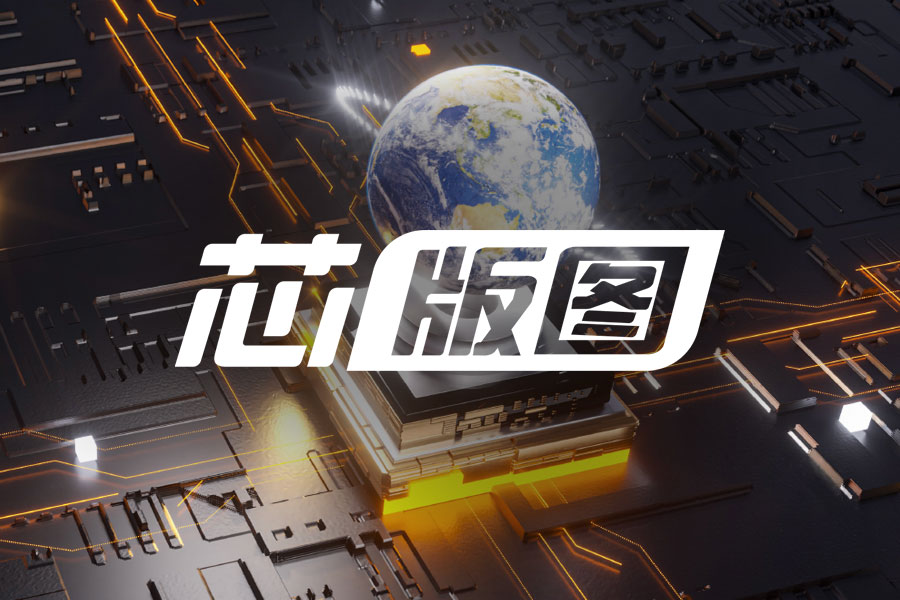
By Li Panpan
Chinese local governments in Beijing, Shanghai, and more, have issued different policies to support the fast development of intelligent connected vehicles and their supporting businesses, reported JW Insights on December 7.

The intelligent and networked development of cars and roads has become a competitive high ground for the global automobile industry.
At the 2022 World Intelligent Connected Vehicle Conference held in September, Xin Guobin, vice minister of the Ministry of Industry and Information Technology (MIIT), said, "Intelligent connected vehicles are in a critical period of rapid technological evolution and accelerated industrial layout. And they will drive profound changes in energy, smart cities, and other fields."
MIIT data shows that the sales volume of passenger cars with combined driving assistance functions numbered more than 2.88 million, with a penetration rate of 32.4%, a year-on-year increase of 46.2% in the first half of 2022.
Major Chinese city governments are accelerating their layout of the intelligent networked automobile industry. They include Beijing, Wuhan, Changsha, Shanghai, Shenzhen, Tianjin, Wuxi, and Chongqing. They have formulated support policies, set pilot zones, and promoted infrastructure construction. It is generally believed that China's intelligent networked automobile industry has begun to enter the golden stage of development, said the JW Insights report.
Beijing is the first city in China to set up the first intelligent networked vehicle pilot zone. Now its high-level autonomous driving demonstration zone has 329 intelligent intersections, 750 kilometers of urban roads in both directions, and 10 kilometers of expressways, realizing the coverage of the vehicle-road-cloud integration function.
Tianjin issued a municipal action plan to support the industry's development. The output value of 17 enterprises in the Internet of Vehicles industry increased by 15.5% year-on-year, higher than the average industry level, during the first eight months of this year in Tianjin.
Wuxi in eastern China's Jiangsu Province has gathered more than 150 key Internet of Vehicles enterprises for more coordinated industry chain efforts. They cover traditional vehicle parts, intelligent devices and chips, vehicle manufacturing, roadside equipment, vehicle-road coordination system integration, IoV platforms and services, and other supporting industries. Their combined industry scale reached RMB26 billion ($3.73 billion) in 2021.
Chongqing in southwestern China has similar effort programs. The companies with various intelligent connected products and components include Changan Automobile, Changan Ford, Seres, BDStar, and NXP.
The Internet of Vehicles is a long industry chain with key technologies that urgently need technological breakthroughs in the downstream and upstream. The key areas involve wire-controlled chassis, Lidar, automotive chips, and operating systems. Automotive-grade chips should be supported by more preferential policies.
China's auto production accounts for almost one-third of the world's total, but the self-sufficiency rate of auto chips is less than 10%. Car companies are working to solve the issue through closer industry chain collaboration.
At the end of January 2022, SAIC Motor and the Shanghai Institute of Micro-Tech Industry launched a special fund to develop automotive chips on a scale of billions of RMB.
In May, Wuhan in central China's Hubei Province set up a consortium to develop automotive-grade chips. It is led by the city's flagship automaker Dongfeng Company and joined by nine enterprises, universities, and scientific research institutions.
The local governments of Guangzhou, Shanghai, and Shenzhen also supported automotive-grade chips by releasing favorable policies and measures since July.
While it still takes a long time for full-scale commercial applications of Internet of Vehicles to shape up in China, more efforts are being called on in making breakthroughs in key technologies, promoting infrastructure construction, and improving policy and governing systems, said the JW Insights report.
RELATED
READ MOST

No Data Yet~







